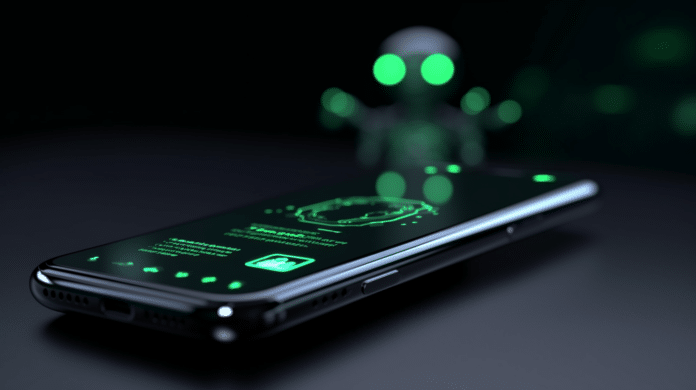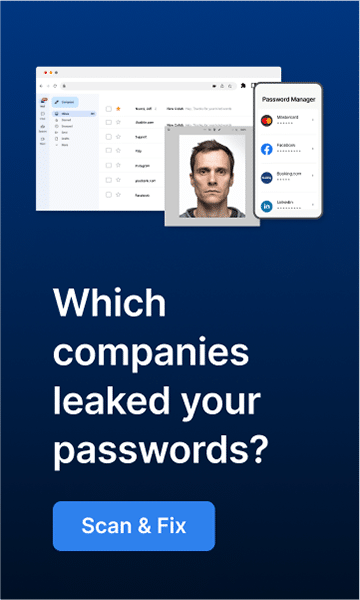ChatGPT has taken the world by storm in months, mainstreaming AI in a way that has never happened before with any application. Once Open AI, the developers behind ChatGPT released its API and allowed developers to experiment with their functionality by integrating it with ChatGPT; the sky was indeed the limit. Many ChatGPT-powered products have come out, each with its unique spin, with one of the most prominent and eye-opening ones being AutoGPT. In this article, we take a look at AutoGPT, what it is, and the potential risks involved with it.
What is AutoGPT
AutoGPT is a customized version of ChatGPT that can run autonomously, i.e., you provide it with a list of tasks, and it can carry them out on its own, greatly enhancing the functionality of ChatGPT. For example, you can ask it to research a particular keyword, extract the relevant information and email the results to you. It will be able to accomplish it, provided the requirements are met.
Unlike ChatGPT, which has to be repeatedly prompted, AutoGPT just needs general instructions and sets about doing the tasks by itself. You can ask it to recommend strategies for creating a business, and it can come up with the initial steps and even execute them on your behalf! Think of it as a min-AI assistant that just needs initial direction and then does everything without your input! It also has a small database that allows it to persist sessions and remember previous interactions. This greatly enhances its functionality and improves its performance regarding new tasks.
Risks of AutoGPT
The ability of AutoGPT to execute tasks by itself is awe-inspiring and gives us a small taste of how AI will be in the future. Unlike ChatGPt, it is truly autonomous and raises the issue of how much of our work can get potentially offloaded to AI as it becomes more and more advanced.
However, at the same AutoGPT is not without risks, and these must be considered. Some of the key ones are:
- AutoGTP relies on the ChatGPT API, which is not free to use. There is also a problem with AutoGPT getting stuck in loops as it tries and fails to execute tasks. The potential for getting infinitely stuck in loops and making repetitive calls can result in an increased cost for usage, which might not make it feasible for business usage. Setting up usage limits within the API dashboard to mitigate this risk is essential.
- AutoGPT can become an addition to the toolkit of cyber attackers as they can completely offload cyberattacks to this tool. AutoGPT can significantly enhance the productivity of cyber attackers as they automate more and more attacks to run independently.
- Auto GPT can also not convert the tasks provided into a reusable pattern or function that can be shared or repeated. This makes it impractical for cybersecurity users as it will not scale to the use cases of an enterprise in its current form. It would not be feasible for cybersecurity professionals to rewrite the same tasks every time it is needed to be run.
- AutoGPT’s current level of problem-solving is a bit limited as it is sometimes unable to break down complex problems into smaller tasks to be solved. This results in the previously mentioned loops and wastage of budgets. This is undoubtedly something that will improve in future iterations, but it is currently unreliable for critical cybersecurity use cases.
- AutoGPT is highly experimental, which makes users unclear about the ethical and legal considerations of using such a tool. If an AI was being used to run a business, what sort of liability would be present if incorrect emails were sent out or incorrect decisions were made?
AutoGPT is a glimpse into the future of AI, and while incredibly exciting, it is also important to be aware of the present risks. The more activities that are offloaded to AI, the more blurred the line becomes between how an AI can be held liable for decisions that impact humans and society.
The Way Forward
Other autonomous AIs similar to AutoGPT have already emerged with web interfaces like GodMode and AgentGTP, which provide web-based user interfaces that can run without local installations or setups. AutoGPT has opened our eyes to the future potential of AI and how it can run autonomously without human input or guidance. It is too early to say yet how much it will impact the job industry or even society as a whole. Still, we are entering uncharted territory, and cybersecurity professionals must understand this new world and the risks that are present in it.
Frequently Asked Questions
What is AutoGPT?
AutoGPT is a custom version of ChatGPT that can run tasks autonomously. It can conduct research, extract relevant information, and even execute specific tasks based on general instructions, enhancing the functionality of ChatGPT.
How does AutoGPT differ from ChatGPT?
Unlike ChatGPT, which requires back-and-forth prompting, AutoGPT can operate based on general instructions and carry out tasks independently. It also integrates with a vector database, saving context and ” remembering” past experiences.
What are the potential risks associated with AutoGPT?
Risks include the usage cost due to the reliance on the ChatGPT API and the potential for the tool to get stuck in task execution loops. Also, it could become a tool for cyber attackers to automate attacks. Ethical and legal considerations of using such a tool also present a challenge.
How does AutoGPT impact the future of AI?
AutoGPT provides a glimpse into the future of AI, where AI can operate autonomously without human input. It raises questions about how much work can be offloaded to AI and the implications for liability and decision-making in business and society.

